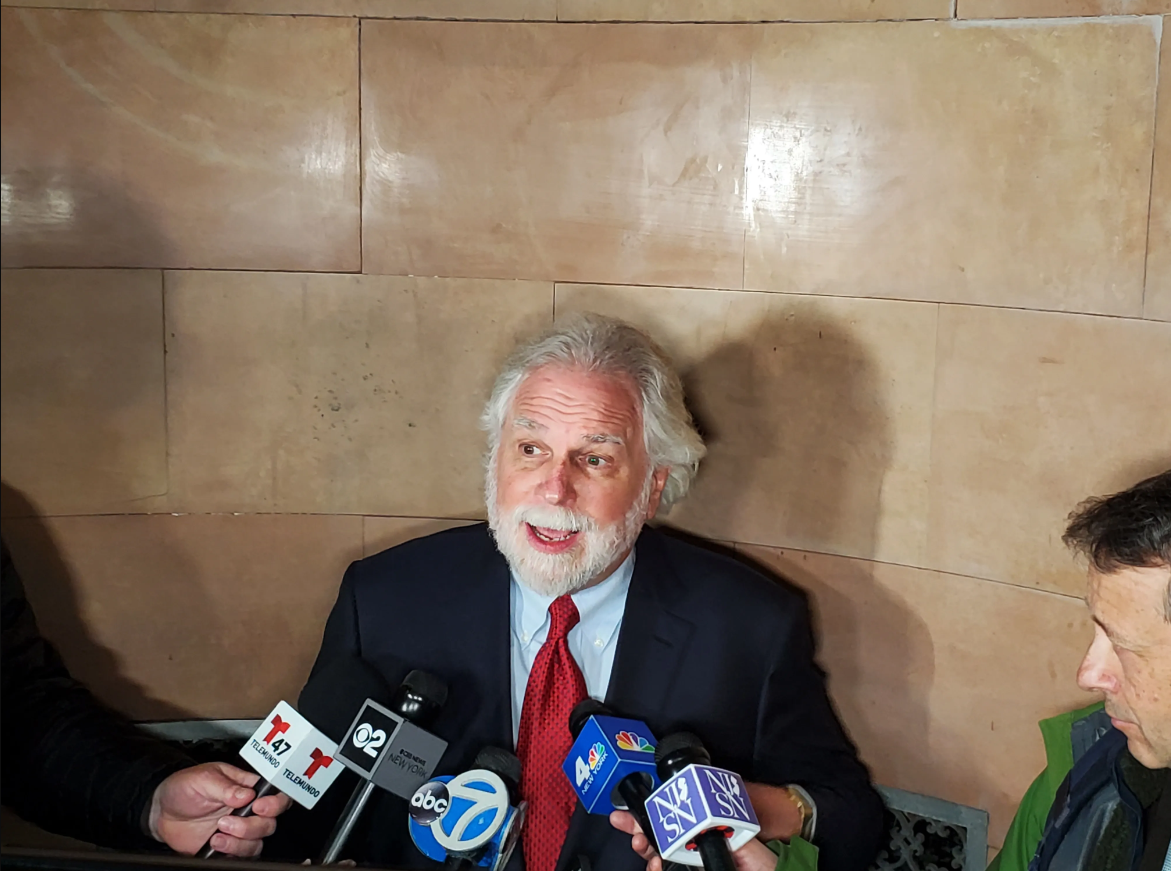RISKY BUSINESS: No news is good news when it comes to the Hollywood writers’ strike these days, so let’s all get busy looking elsewhere up and down the dial to find things to watch while the key grip on Heroes has his new pick-up truck repo’d. If, like me, ceaseless pondering of the often counterproductive business strategies of the entertainment industry fills you with dumbstruck wonder, you’ll enjoy 100 Films & A Funeral, airing tonight on the Documentary Channel at 8pm EST.
It’s the story of Michael Kuhn, a British lawyer with no movie experience who was put in charge of the second kick at the movie-making can by Polygram, at the time the entertainment arm of Philips, the Dutch electronics giant. When Kuhn launched Polygram Filmed Entertainment in 1991, he had no experience in the movie business, but the company managed to be behind a string of hits over the next eight years – films such as Trainspotting, Priscilla, Queen Of The Desert, The Usual Suspects and the 1994 Mike Newell-directed Hugh Grant comedy that gives the film its title.
Beginning from the wild and unexpected success of Four Weddings & A Funeral, the company seemed to go from strength to strength, and hewing to the Hollywood business model summed up by the maxim “if you’re not growing you’re dying,” they expanded the PFE umbrella all across the world, building up a distribution arm that rivaled the Hollywood studios before the lack of confidence of the parent company led to the shocking sale of Polygram to Seagrams, who tried to sell of the motion picture arm while absorbing the music division into what would briefly become Vivendi Universal. Music-mad Seagrams head Edgar Bronfman Jr. already had a movie company in Universal, and so PFE’s glorious rise came to a sputtering end when the company’s catalogue of films was sold to MGM, a company that it had briefly entertained buying itself.
The film is a slick, brisk narrative that uses quick editing and cute animation to tell the story of Kuhn and his dream of a European film studio that could compete with Hollywood on its own terms – a dream that a lot of people, many of them in government offices, were eager to support, but for Philips’ lack of confidence, which has actually begun to look prescient in the long term, when you look at the downturn in box office and the movie business in general.
Director Michael McNamara, working from Kuhn’s cue in the book that inspired the film, says that PFE was a key player in the independent film renaissance, and that the sub-blockbuster productions that fill the Oscar rolls every year wouldn’t have been possible if not for Kuhn and his magnificent failure. Unfortunately, very few of today’s “little films” are nearly as enjoyable as the best of what kept PFE’s bottom line solvent in the ‘90s, and a scan of every title released by the company during the closing credits lists a bloated proportion of dismal and forgettable pictures. In the end, the film’s glimpse of the mad journey of Kuhn through the inexplicable logic of the movie business explains a lot about why even apparently sane people seem to go a little nuts in the weird light – a combination of noonday sun and photographers’ flash – of that singularly daft industry.















